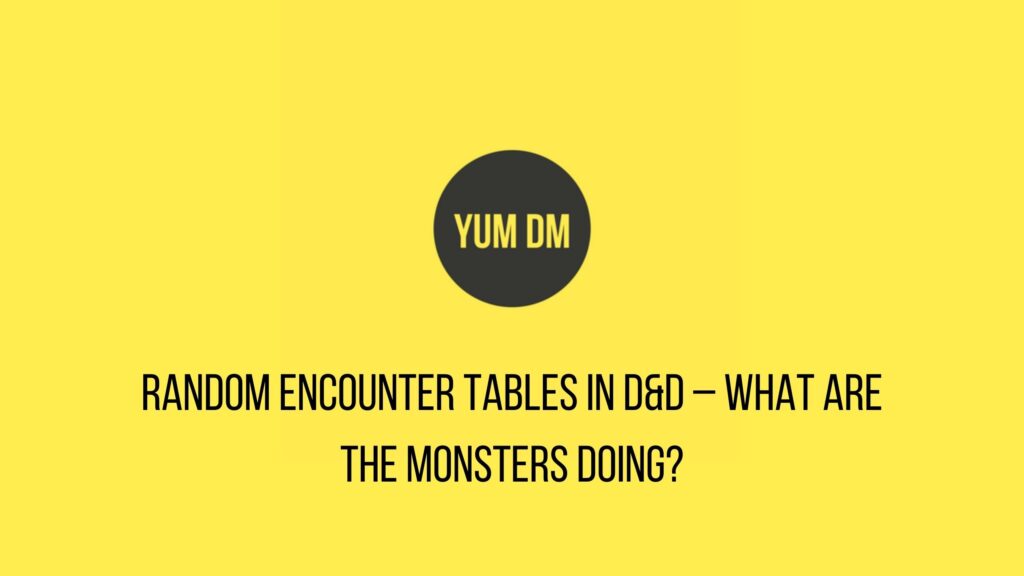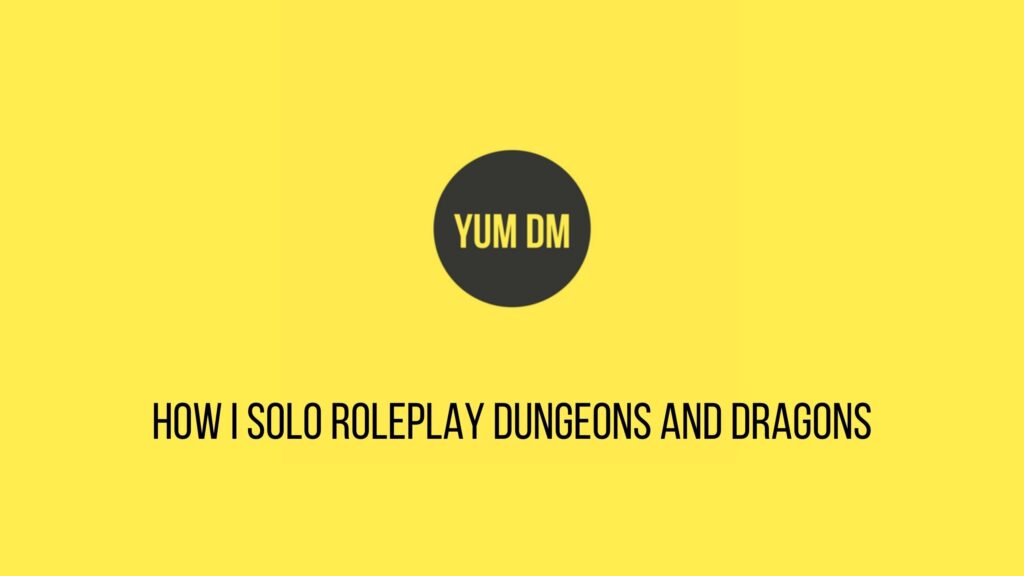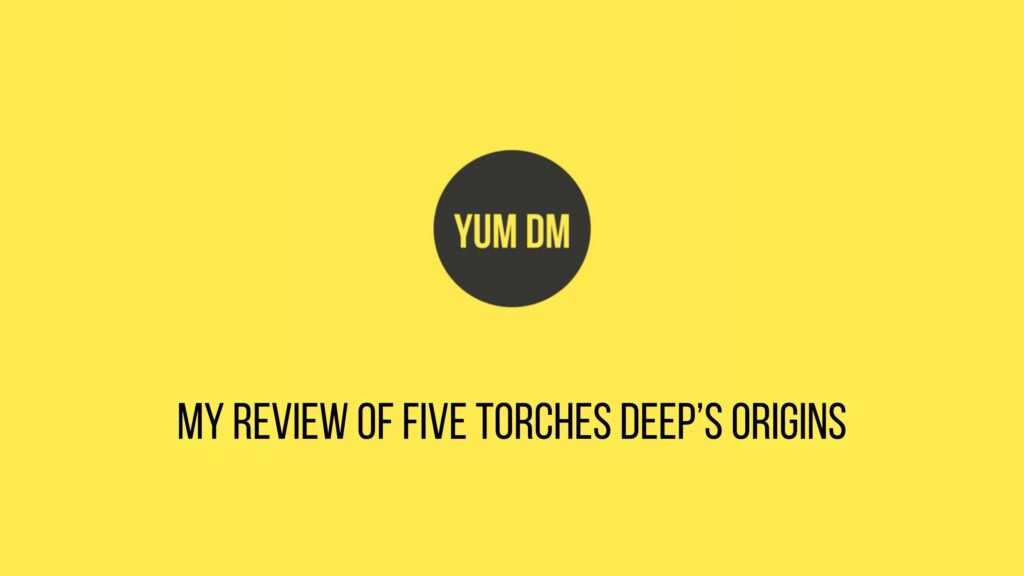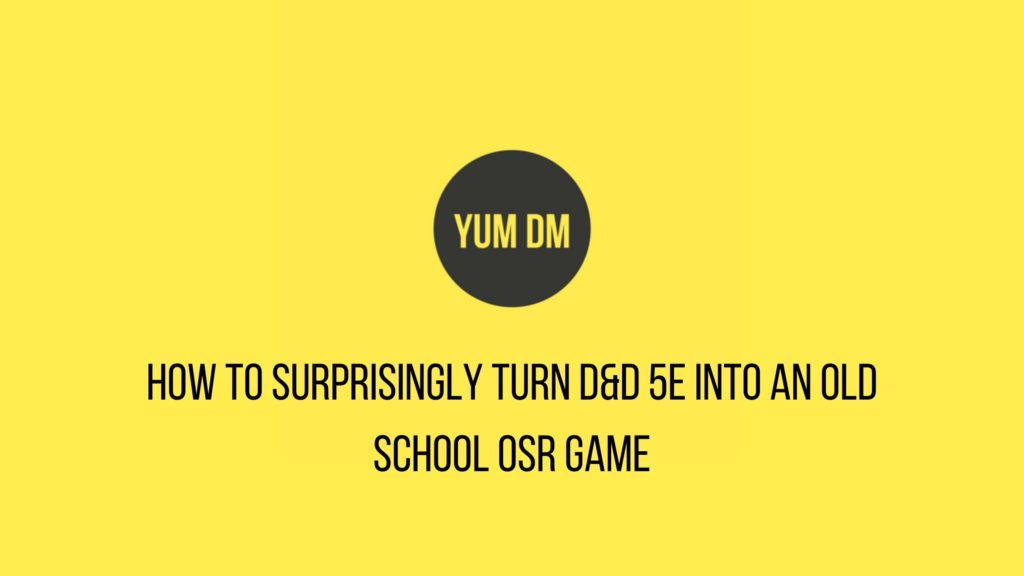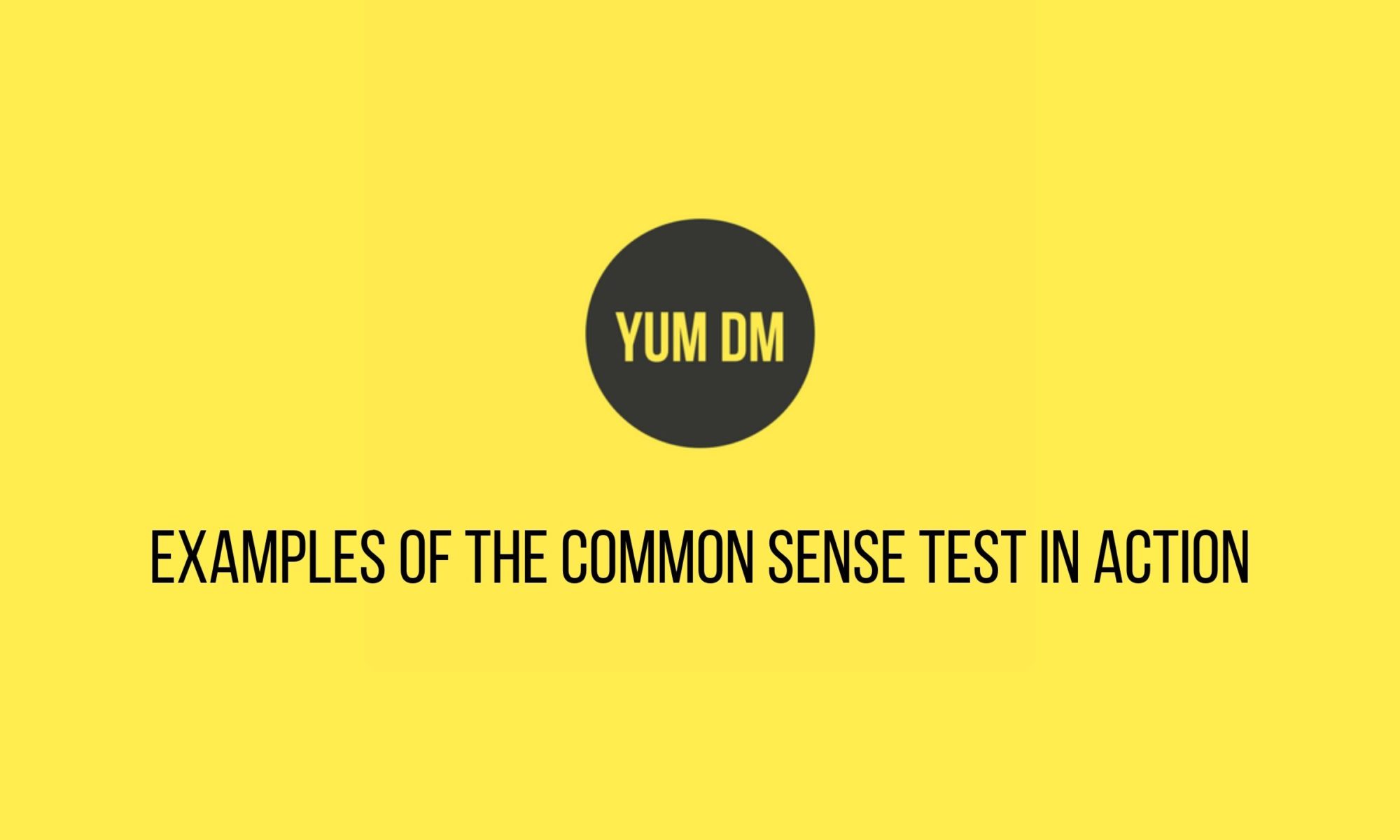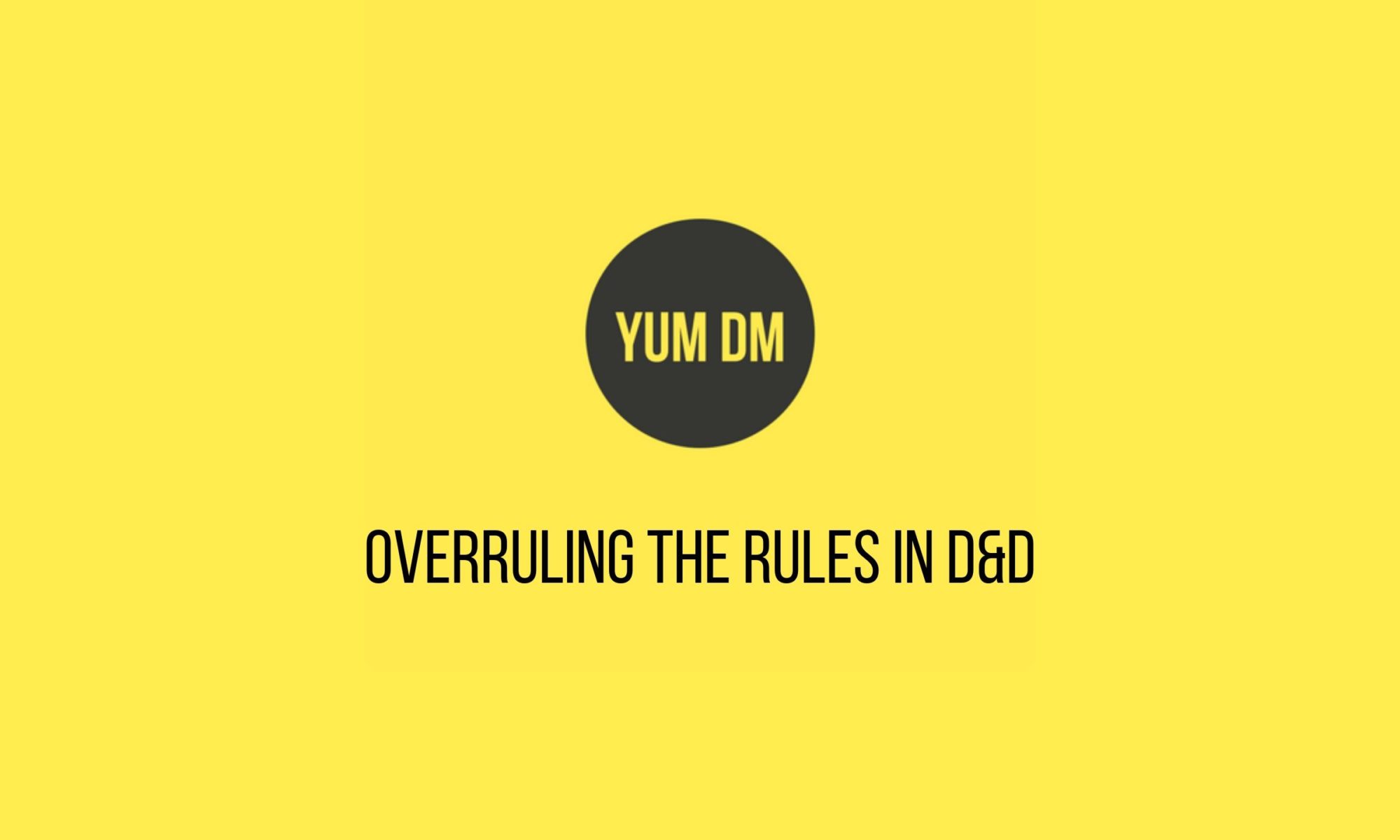
In April 2021, I am launching Issue 0 of a new Dungeons and Dragons zine, called d8 Monthly.
This is mostly a passion project, but it is also provides me with another channel to write about D&D and to give back to the community.
Continue reading “New D&D Zine Launching In April – Issue 0”

